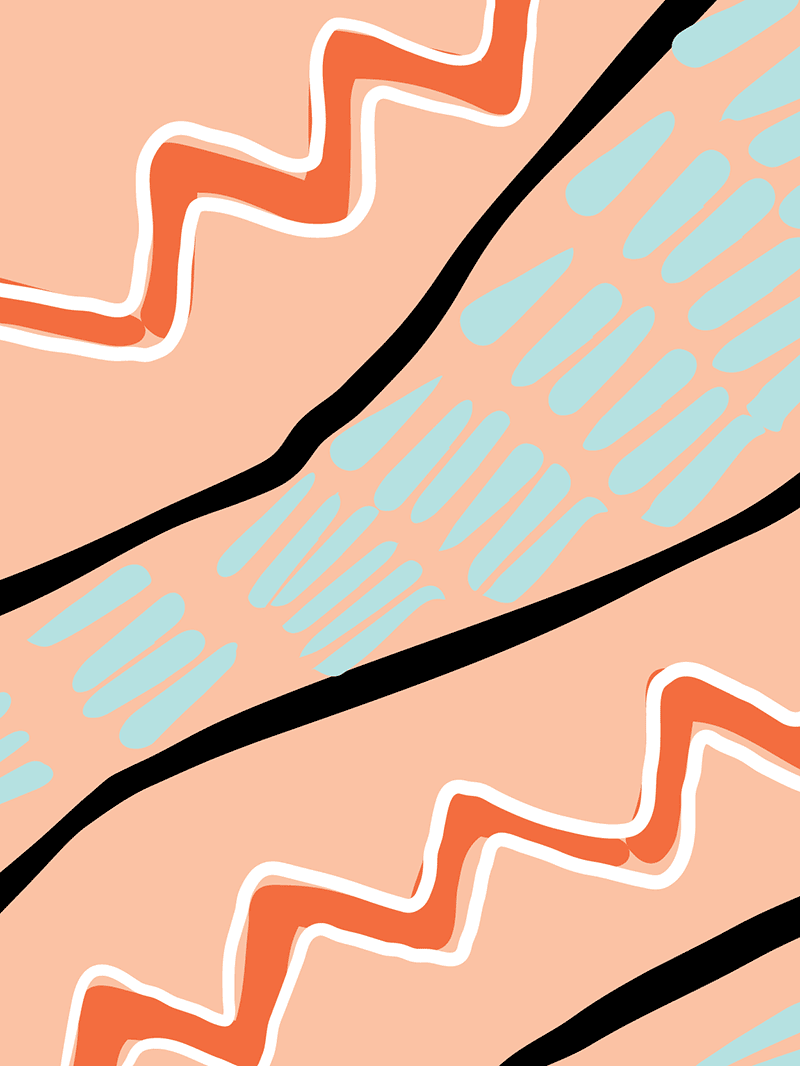Traditional Custodians as researchers: Experiences of researching with our Mob on our Country
It is increasingly accepted that Indigenous researchers are best placed to conduct Indigenous research. The benefit of Indigenous researchers being the intimate understanding of cultural, historical, social and political contexts affecting Indigenous people. These factors are critical for research to benefit Indigenous communities.
Indigenous research presents multiple opportunities and challenges for Indigenous investigators to navigate. This is particularly the case where research focuses on Indigenous peoples and lands. The complexities become even more pronounced when researchers also have responsibilities as Traditional Custodians in the research context.
Three Aboriginal women from large regional centres undertaking research higher degree programs at Central Queensland University share how they are approaching their research as Traditional Custodians. They will present reflections and future considerations of their particular geo-cultural research relationships (Darumbal, Noonukul – Quandamooka, and Mamu – tropical rainforest peoples).
The presentation highlights research design considerations to meet the University PhD requirements alongside cultural responsibilities and imperatives. The presenters propose that Traditional Custodians are not only well-positioned on their Homelands as researchers because of their access and knowledge of local land and people, but their cultural imperative for protecting, maintaining and creating knowledge as Traditional Custodians posits them as critical contributors in the future research agenda.
